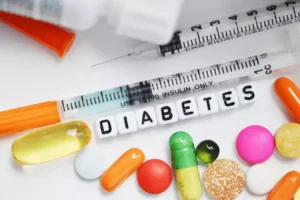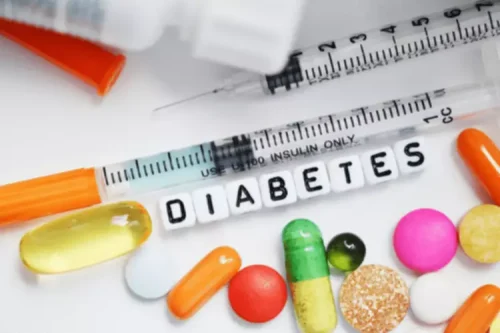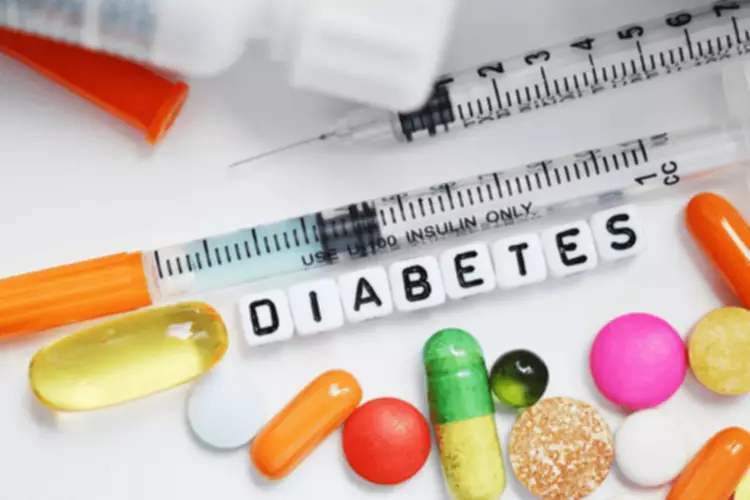
This can result in a harmful cycle where alcohol consumption exacerbates PTSD symptoms and contributes to increased addiction. In this blog, we will look at the link between PTSD alcohol abuse, why they often go hand-in-hand, and explore healthier ways to cope. The Recovery Village aims to improve the quality of life for people struggling with a substance use or mental health disorder with fact-based content about the nature of behavioral health conditions, treatment options and their related outcomes.

Effects of Co-occurring PTSD and Alcohol Use Disorder
This process is believed to help the brain reprocess traumatic memories, reducing their emotional impact. Therapies like Prolonged Exposure Therapy (PE) and Cognitive Processing Therapy (CPT), subsets of CBT, help individuals confront and reprocess their trauma. Firstly, the overlapping symptoms of PTSD and addiction can make diagnosis more complex. Additionally, excessive alcohol use can lead to dependency and addiction, creating another ptsd and alcohol abuse struggle for the individual. These substances might temporarily relieve symptoms by dulling the intensity of feelings like fear, anxiety, or depression. Additionally, certain personality traits, such as resilience or susceptibility to stress, can influence the likelihood of developing PTSD.
Treatments for AUD

We publish material that is researched, cited, edited and reviewed by licensed medical professionals. The information we provide is not intended to be a substitute for professional medical advice, diagnosis or treatment. It should not be used in place of the advice of your physician or other qualified healthcare provider. The Recovery Village aims to improve the quality of life for people struggling with substance use or mental health disorder with fact-based content about the nature of behavioral health conditions, treatment options and their related outcomes.
Alcohol and Cialis: Risks, Side Effects & Treatment
In certain cases, the alcohol causes more unpleasant events, resulting in a vicious cycle. Researchers coined the phrase “happy hour Substance abuse effect” to describe how, even among casual drinkers alcohol consumption rises after, but not during, stressful situations. Based on a tension-reduction theory of alcohol usage, these findings were the polar opposite of what we predicted. If alcohol is used primarily to relieve anxiety, it should be consumed more often during stressful periods rather than afterward. The problem is that more and more alcohol is needed to achieve the same effect.

Treatment Programs
- It is noteworthy that the studies involving a medication with a robust behavioral platform seem to have had the best results.
- Consider making weekend mornings a dedicated period for activities that help you unwind and relax.
- The relationship between Post-Traumatic Stress Disorder (PTSD) and alcohol abuse is complex and multifaceted.
- Such a network typically involves professionals like therapists, doctors, and social workers, alongside family, friends, and peers who have had similar experiences.
Alcohol also interferes with REM sleep, which is important for processing emotions and memories, leading to more nightmares and poor-quality sleep. While alcohol may provide temporary relief, it can ultimately exacerbate the symptoms of PTSD and hinder recovery progress. If you’re struggling with alcoholism and PTSD, American Addiction Centers (AAC) can help you find treatment.

Alcohol is a depressant, which means it can exacerbate PTSD symptoms such as anxiety and depression. Effective treatment for PTSD focuses on going back to the original trauma and reliving and processing it in a safe environment. Avoidance is a surefire way to make PTSD last longer, and it makes treatment less effective. Alcohol use also causes its own problem, related to both mental and physical health. These, in turn, may contribute to worsening symptoms in a counterproductive cycle.
- Evidence-based pharmacological treatments for alcohol use disorders (AUDs) evaluated in well-designed clinical studies are not being adopted in clinical treatment settings as evidenced by the low uptake of the use of medications to treat AUD (Jonas et al. 2014).
- Generally, studies were conducted over many years and screened large numbers of subjects to reach target samples.
What is Alcohol Use Disorder?
It’s when someone struggles with a mental health condition and a substance/drug abuse disorder at the same time. Left untreated, trauma may fuel substance abuse as substance abuse worsens mental health symptoms. Moreover, first responders — firefighters, police officers, rs, and paramedics — also face repeated exposure to traumatic events, making them prone to PTSD and substance abuse as they attempt to manage the emotional toll of their work. According to https://ecosoberhouse.com/ a 2022 study, nearly 10% of first responders report symptoms of PTSD.

Definition of PTSD (Post-Traumatic Stress Disorder)
Over the past few decades, important advances have been made in behavioral treatments for comorbid AUD and PTSD. The most notable area of progress is the development of trauma-informed, manual-guided, integrated, cognitive behavioral treatments that concurrently address symptoms of both conditions. Before these developments, sequential treatment was the only form of behavioral intervention employed. Now, individuals with comorbid AUD and PTSD, as well as their health care providers, have additional treatment options available. A combination of psychotherapy and pharmacotherapy may be an effective treatment strategy for service members and veterans with comorbid PTSD and AUD. There was no statistically significant main effect for prolonged exposure therapy on PTSD symptoms and no observed differences in the number of dropouts across conditions.
